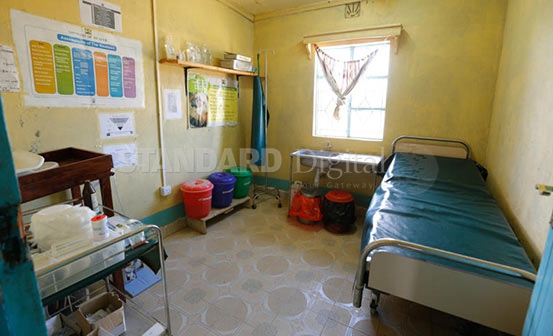×
The Standard e-Paper
Smart Minds Choose Us

A drive in the vast lands of Samburu County presents a community too close to their traditions. But not too close to let pregnant women continue dying at home.
Stella Ekai knows better. She has braved scorching sun and vast distances to attend to expectant mothers. She is among the 70 community health volunteers who traverse various villages as far as 16 kilometres apart to educate mothers on need for antenatal and post-natal care.